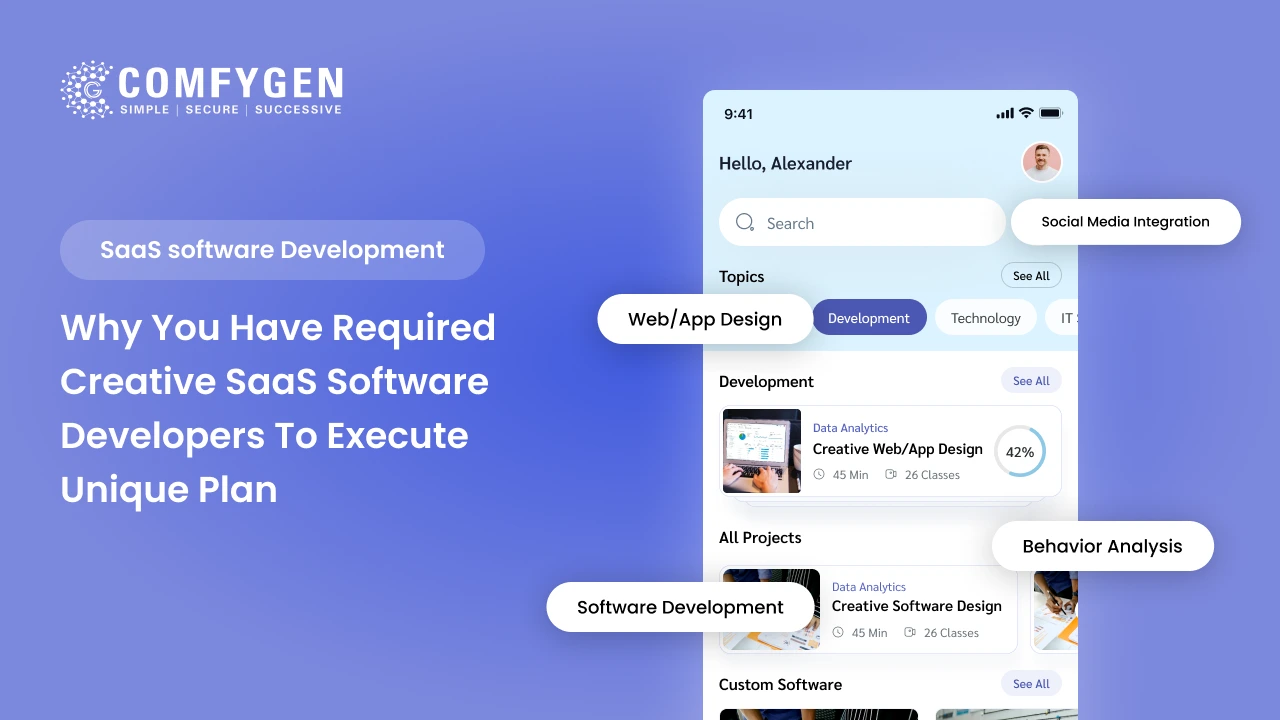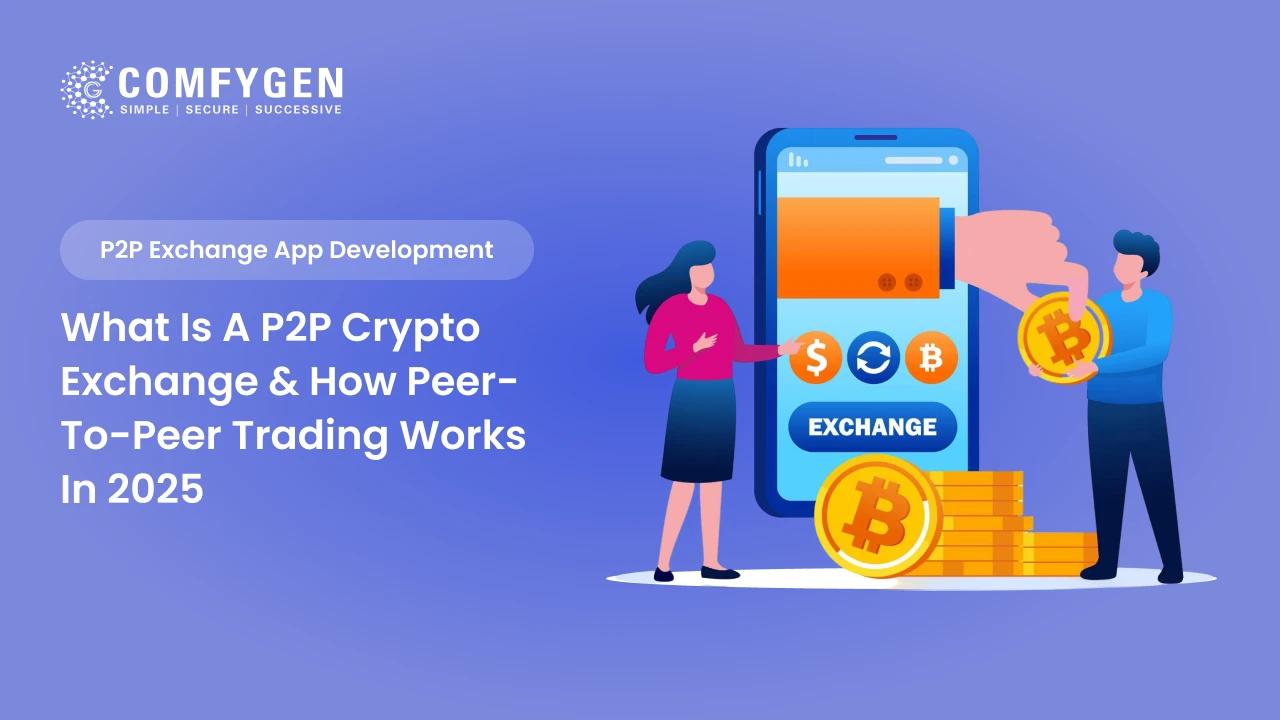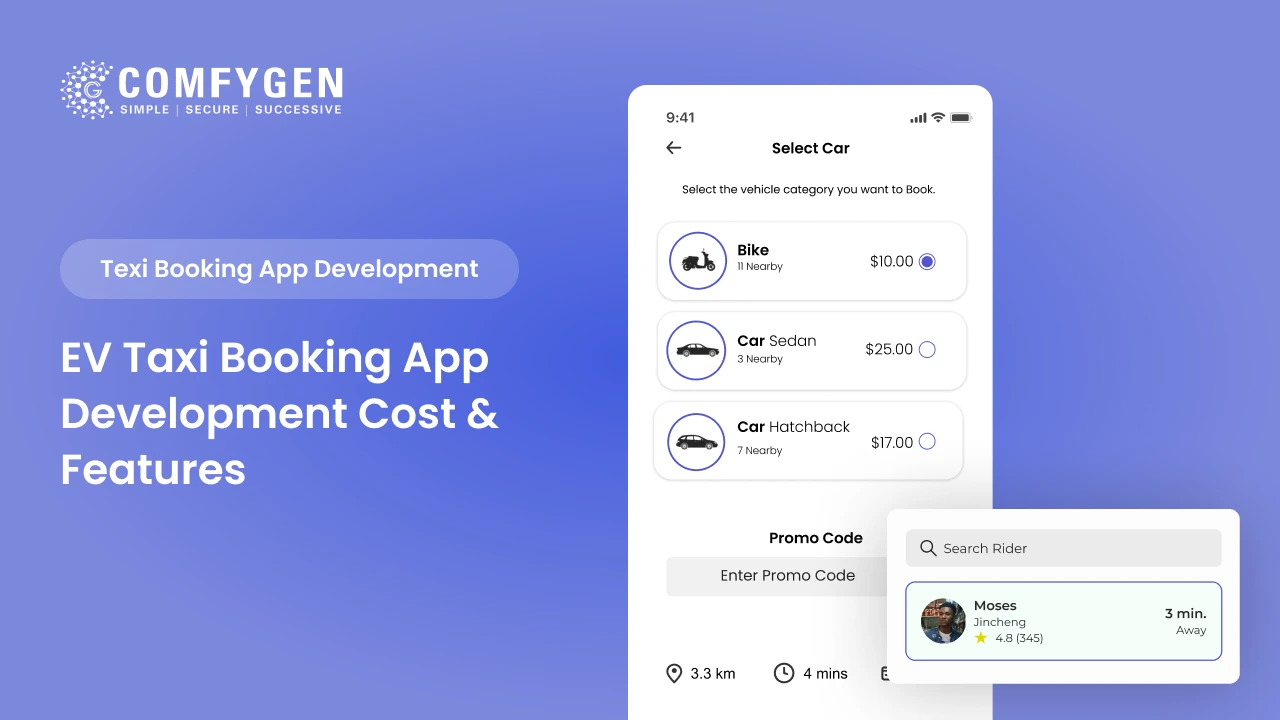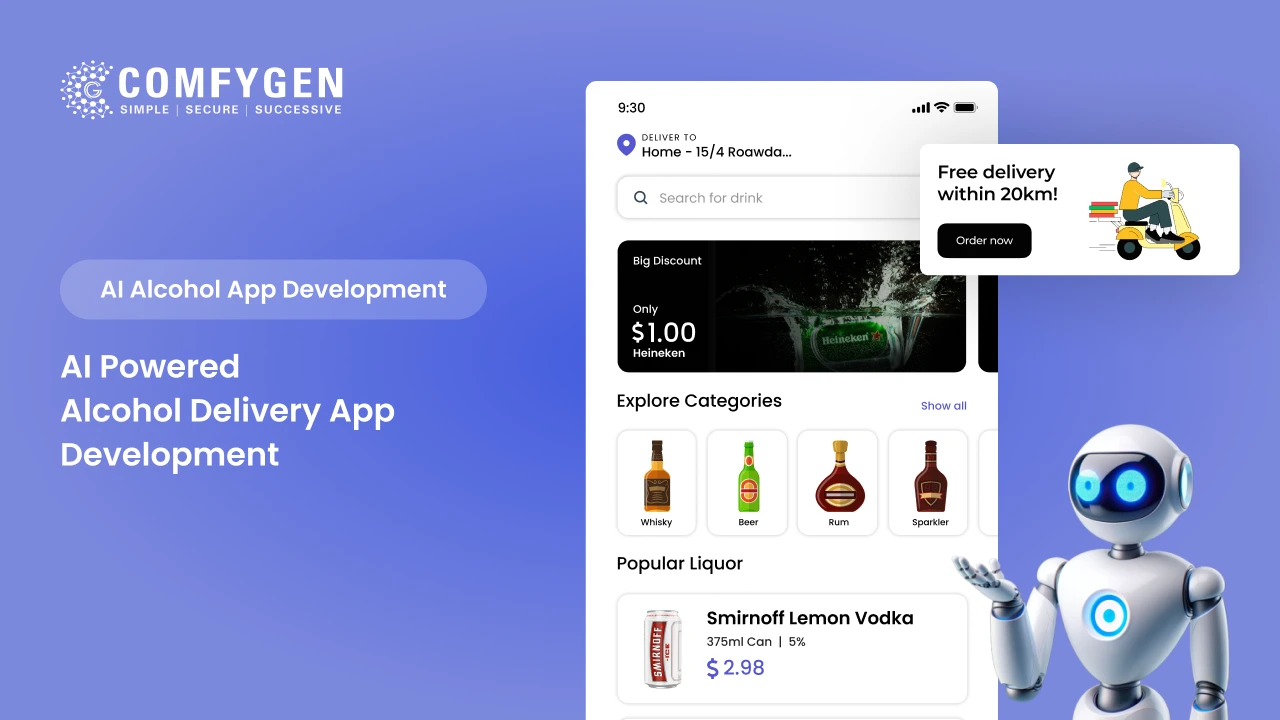What is a P2P Crypto Exchange & How Peer-to-Peer Trading Works in 2025
The rise of decentralized technologies has transformed how we interact with digital finance — and at the heart of this transformation is the P2P crypto exchange. As the demand for privacy, security, and user autonomy grows, peer-to-peer trading platforms have become a cornerstone in the crypto ecosystem. Unlike centralized exchanges that act as middlemen, P2P crypto exchanges empower users to trade digital assets directly with one another, ensuring transparency and full control over their funds.
In this in-depth blog, we’ll explore what a P2P crypto exchange is, how peer-to-peer trading works, and why this model is gaining momentum in 2025. You’ll also discover the essential features, benefits, and the growing interest in p2p crypto exchange development from startups to enterprise-level businesses. Whether you’re a blockchain enthusiast, investor, or entrepreneur looking to build your platform, this guide covers everything you need to know to navigate the world of P2P cryptocurrency exchange development.
What is a P2P Crypto Exchange?
A P2P (peer-to-peer) crypto exchange is a decentralized platform that connects buyers and sellers directly to trade digital assets. Unlike centralized exchanges like Binance or Coinbase, P2P platforms remove the middleman, giving users more freedom, privacy, and control over their funds.
In these exchanges, users create trade offers or respond to existing ones. The platform uses smart contracts and escrow mechanisms to ensure neither party gets scammed. With the rising interest in crypto ownership across emerging markets, p2p crypto exchange development is booming — especially in regions like India, Africa, and Southeast Asia.
Because P2P exchanges are decentralized, they also offer protection against government crackdowns or regulations that might otherwise restrict access to cryptocurrency trading.
How Does Peer-to-Peer Crypto Trading Work?
At its core, P2P trading relies on direct user interaction rather than routing orders through an order book. Here’s a step-by-step explanation of how trade happens on a typical P2P crypto exchange:
- Trade Posting: A seller lists an offer to sell Bitcoin, USDT, ETH, or other coins. They specify the payment method, price, and quantity.
- Trade Matching: A buyer browses offers and selects one that fits their needs.
- Initiating Escrow: Once the buyer confirms, the platform locks the crypto amount in an escrow smart contract.
- Payment Made Off-Chain: The buyer makes the fiat payment directly to the seller using bank transfer, UPI, PayPal, etc.
- Asset Release: After payment confirmation, the crypto is released to the buyer from escrow.
This decentralized workflow minimizes the risk of scams while eliminating intermediaries. For developers, understanding this process is critical when planning p2p cryptocurrency exchange development with a strong backend and anti-fraud logic.
Key Features of a Modern P2P Crypto Exchange Platform
When hiring a p2p crypto exchange development company, you must look for these essential features that ensure platform success and user safety:
- Smart Escrow System: Holds assets securely during trades.
- Reputation System: Allows users to rate and review each other.
- KYC/AML Compliance (Optional): Builds trust, especially in regulated countries.
- Multi-Crypto Wallet Integration: Supports storage and exchange of different crypto assets.
- Two-Factor Authentication (2FA): Adds a layer of user account protection.
- Real-Time Chat System: Helps users coordinate trades smoothly.
- Dispute Resolution Center: Moderators can intervene in cases of fraud or miscommunication.
- Mobile & Web Apps: Seamless experience across devices.
These components are core to every successful p2p cryptocurrency exchange development solution and should be discussed clearly with your development partner.
Advantages of Using a P2P Crypto Exchange Platform
Why are so many crypto users shifting to peer-to-peer trading? The benefits go beyond decentralization:
- Lower Trading Fees: P2P platforms usually charge minimal platform fees, often just for escrow or dispute resolution.
- Accessibility: Users from regions without access to centralized exchanges can still trade globally.
- Payment Flexibility: Accept payments in local currencies, gift cards, PayPal, and even cash.
- Anonymity: No need to give up sensitive info unless required by local laws.
- Borderless Trading: Anyone can trade with anyone, anywhere — a key factor behind the rising demand for p2p crypto exchange development services.
These platforms are empowering the unbanked and underbanked across the world, becoming a key pillar in the next phase of crypto adoption.
Why Businesses are Investing in P2P Crypto Exchange Development
Entrepreneurs, startups, and even traditional fintech companies are now exploring p2p crypto exchange development to build niche platforms or serve specific geographic regions. Here’s why:
- High Growth Market: The number of P2P users is increasing due to distrust in centralized exchanges and desire for financial independence.
- Multiple Revenue Channels: Platform fees, ads, premium features, token listings, and affiliate programs.
- Fewer Regulatory Hurdles (in some regions): Because no fiat is held on the platform, compliance is simpler.
- Custom Brand Positioning: You can build a brand that speaks to local culture, trust, and preferences.
By hiring a p2p cryptocurrency exchange development company, founders get access to technical expertise, ready-made modules, and quicker go-to-market timelines.
P2P Crypto Exchange Development Cost in 2025: What to Expect
The development cost varies greatly depending on:
- Project Complexity
- Feature Requirements
- Region of Development Company
- UI/UX Design Needs
- Security Implementation
- Mobile App Requirements
Here’s a rough breakdown:
| Region | Basic P2P Exchange | Advanced Custom P2P Exchange |
|---|---|---|
| India | $10,000 – $25,000 | $30,000 – $50,000 |
| UAE | $20,000 – $40,000 | $50,000 – $80,000 |
| USA / Europe | $40,000 – $60,000 | $80,000 – $120,000+ |
Note: These are average estimates. Custom blockchain features, AI bots, or DeFi integrations can increase the p2p cryptocurrency exchange development cost further.
Want to Develop a
P2P Crypto Exchange?
Contact Now
How to Choose the Right P2P Cryptocurrency Exchange Development Company
Your exchange’s success depends on your development partner. Here’s how to pick the right one:
- Proven Experience: Do they have a portfolio of blockchain projects?
- Customizable Tech Stack: Are they flexible with frameworks and blockchain networks?
- Security Protocols: End-to-end encryption, smart contract audits, anti-DDoS systems.
- Post-Launch Support: Will they assist with maintenance, upgrades, and bug fixes?
- Cost Transparency: Avoid hidden costs and vague pricing.
If you’re looking for quality and affordability, consider a p2p cryptocurrency exchange development company in India or UAE — known for cost-effective and high-quality blockchain services.
Top Services Offered by P2P Exchange Development Companies
Most companies offering p2p crypto exchange development services provide a mix of the following:
- White-Label P2P Exchange Platforms
- Custom Exchange Development
- Escrow Smart Contract Development
- Mobile App for iOS & Android
- Crypto Wallet Integration
- Multi-language & Multi-currency Support
- DeFi and NFT Features (Add-ons)
Trends Shaping the Future of Peer-to-Peer Crypto Exchanges
In 2025, the following trends are defining how P2P crypto platforms are built and used:
- Layer-2 Blockchain Integration: Faster and cheaper transactions using Polygon, Arbitrum, and Optimism.
- Cross-Chain P2P Trading: Interoperability across Ethereum, BNB Chain, Solana, etc.
- AI Chatbots for Support: Reduces human involvement while improving user experience.
- Zero-Knowledge Proofs (ZKPs): Enhanced privacy and compliance.
- DeFi + P2P Hybrids: Lending, staking, and liquidity features within P2P platforms.
Startups working with an experienced p2p crypto exchange development company can implement these trends early for a future-proof business.
Conclusion
The shift toward decentralized and user-first trading is undeniable. P2P crypto exchanges empower users across borders, enable financial inclusion, and foster trustless ecosystems.
Whether you’re a blockchain startup, a crypto entrepreneur, or an investor — now is the time to explore crypto exchange development. By choosing the right p2p cryptocurrency exchange development company, you can ensure your platform is scalable, secure, and tailored for your target market.

Mr. Saddam Husen, (CTO)
Mr. Saddam Husen, CTO at Comfygen, is a renowned Blockchain expert and IT consultant with extensive experience in blockchain development, crypto wallets, DeFi, ICOs, and smart contracts. Passionate about digital transformation, he helps businesses harness blockchain technology’s potential, driving innovation and enhancing IT infrastructure for global success.
Based on Interest

Why You Need Creative SaaS Software Developers for a Unique Project?
Businesses across industries are adapting Software-as-a-Service (SaaS) software solutions to streamline organization operations, improve customer experiences, and gain a competitive edge. However,…








